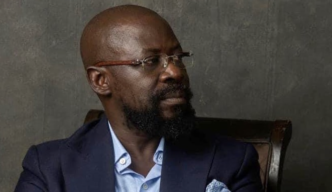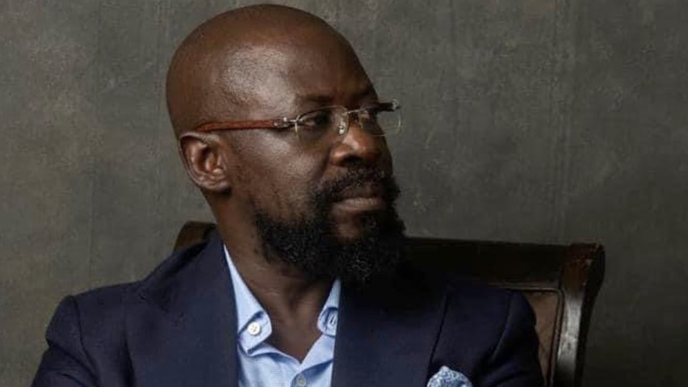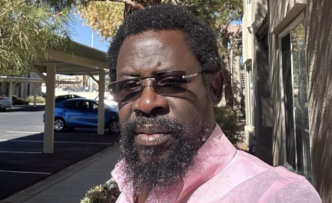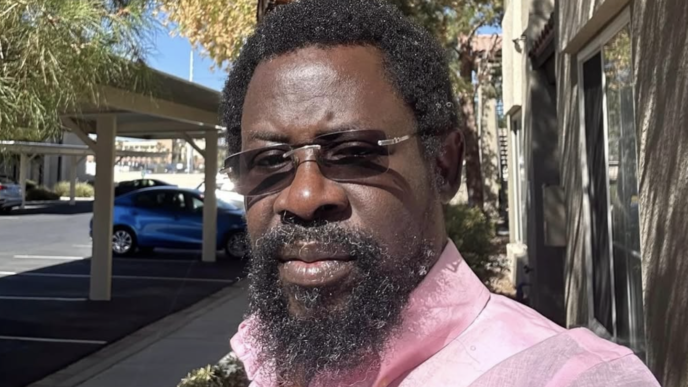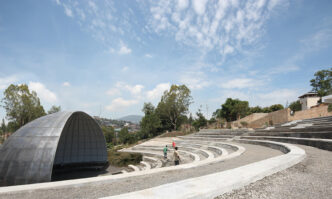Chukwuma Soludo, governor of Anambra state.
With the number of new road contracts awarded by the Anambra State Executive Council (ANSEC) last Tuesday and the timeframe approved for their delivery, this column estimates that Governor Chukwuma Soludo would now be achieving an average of 25km of fully asphalted high-quality roadways per month, which is way higher than the average 10km per month the state has been doing in the last 33 months, and by March 2026 over 800 km of brand-new roads – including 8 large bridges and massive erosion control works – would have been completed. This is exclusive of an estimated 600km of roadways that have been made motorable through the state’s operation zero pothole programme as at today.
Of the projects approved for commencement by ANSEC last Tuesday, one project stands out in the opinion of this column. The award for the construction of 22 smart schools around the 21 local government areas of Anambra and the robust framework for scaling-up this smart school initiative stand out.
Nigeria needs its public schools to be smart. But there is an issue: building a quality smart school could be expensive. It is not cheap to build a smart school for say 2,000 pupils where every student will truly have dedicated ICT facility. In 2022, UBEC announced that it would build 36 smart schools across the 36 states of the federation at 350 million naira per school. UBEC went on to clarify in its 2022 newsletter that these proposed ‘’schools will have the capacity to accommodate a large number of students and ICT infrastructure [and] will be known as UBEC Modern Smart Schools’’.
If it cost 350 million naira per smart school in 2022 even with the support of international partners like the Korea International Co-operation Agency (KOICA), who had promised to supply some educational materials and provide other technical support, imagine how much it would cost in 2024. Nigeria has tens of thousands of public schools (primary, secondary and tertiary). With this prohibitive cost, government cannot upgrade even a third of its own schools to smart schools with its proposed 2025 budget of ₦47.9 trillion. This is where Anambra’s model comes in.
Advertisement
The grand vision in Anambra is to scale-up the smart school programme in Anambra in the coming years. This first set of 22 smart schools that would be completed in the next few months would serve as a model and standard for smart schools in Anambra. Thus, this standard would form the basis for the development of other smart schools in the state’s public private community partnership (PPCP) programme. (Interested readers can know more about Anambra’s PPCP program here: https://www.thecable.ng/soludos-public-private-community-partnership-model-holds-the-key-to-nigerias-development/). There is an existing model to get communities and public-spirited individuals to invest in public goods in Anambra. The just concluded 13-billion-naira investment in smart schools by ANSEC will provide a template that Anambra’s PPCP framework would scale-up in the coming years.
But that is not all. All the necessary institutional framework necessary for the development of a state-wide smart school programme have been put in place in Anambra.
A robust up-skilling programme is underway to train teachers in public schools in readiness for the commencement of the smart school programme. The newly recruited 8115 teachers – which were recruited through a competitive merit-based process – were recruited with this in mind in the last 2 years. These high-quality and ICT-savvy recruits are trainable. And investments in them will have an ROI of thousands of percentages. There is a proposed comprehensive framework to work with other federal government agencies to develop training course materials for teachers and principals of smart schools. The development of blended lesson templates for use in smart schools is also underway. A school is really about the quality of teachers in it. Organizations who build schools without a concrete teacher training programme imbedded in their frameworks are missing an important process in the development of quality schools.
Advertisement
Issues related to availability of electrical power, broad-band internet, security of ICT learning gadgets and learning software have been robustly addressed in Anambra. Smart schools plan to fail if they do not have a robust framework for addressing these issues. In fact, the energy efficiency technology incorporated in Anambra’s smart school buildings would not only make the schools greener, it will save a lot of megawatts and improve their sustainability. The same goes for the anti-theft technology incorporated in the development of these model schools to be built by the Soludo-led administration. What Anambra intends to do is to pass on this playbook to public-spirited individuals who intend to key into the state’s PPCP model. This makes the scaling-up of the smart school initiative easier. Governor Soludo will also continue to build more smart schools.
The investment required is huge but Governor Soludo is committed to changing the face of education in the state. The problem is huge. A few days ago, Governor Soludo instructed his commissioner for power to work on bringing in electrical power from the mains to Chukwuemeka Odumegwu Ojukwu University, Uli Campus. The campus has been without this connection for 21 years. Governor Soludo is also installing free broad-band internet connections in all the state-owned tertiary institutions in the state. These are all targeted investments to make these schools smart in the long term. [There is an intentional plan to democratize access to ICT in Anambra. Thousands of youths are being trained in Anambra’s innovation district].
In Anambra, there is an intentional effort to upgrade the roads leading to potential smart schools and even tertiary institutions in cases where these roads are dilapidated. The free education initiative policy of the Soludo-led government is part of the strategies to change Anambra’s education ecosystem.
The strategy – and not just a plan – to revive schools in Anambra is clear and are being implemented. Anambra is not just planning; it also has a well-thought-out strategy. And as Roger Martin, professor emeritus and former dean of the Rotman School of Management at the University of Toronto, aptly put it: ‘’ a strategy is an integrated set of choices that positions you on a playing field of your choice in a way that you win.’’ The professor argues that a plan without a strategy might not achieve much!
Advertisement
The future of education in Anambra is bright under Governor Soludo’s watch.
Nwankwo is the special adviser to Soludo on special projects.
Views expressed by contributors are strictly personal and not of TheCable.
Add a comment





